You won’t find Cabernet Sauvignon, Pinot Noir, Chambourcin, Riesling or Chardonnay at TerraVox Vineyards, which is celebrating its 10th harvest this week at its estate located just outside Kansas City, Missouri.
Since 2012, TerraVox has commercially produced wines from varieties such as Muench, Lomanto, Carman, Volney, Lenoir, Herbemont, Wetumka and Ellen Scott, as well as Cloeta, Hidalgo, Albania, Stark’s Star and Delicatessen.
The grapes are all indigenous to the United States and founder Jerry Eisterhold, a museum designer, oversees the cultivation of more than 60 varieties of native American grapes.
“I think folks who live and breathe wine possess an abundance of curiosity and the idea of enjoying fine wine from varieties they have never heard of, let alone varieties native to American soil and not European, pique their interests even more,” Eisterhold said. “If the interest our project is receiving from folks in the industry domestically and internationally continues as enthusiastically as the interest we are generating from consumers, then perhaps I’ll be proven correct that these indigenous grapes have a future well beyond our 14 acres.”
When Eisterhold started the project 26 years ago, his intent was only to resurrect the large number of indigenous American grapes that had been discovered and cataloged more than 100 years ago by T.V. Munson and other pioneering American grape horticulturists.
Many of these American grapes made their way into individual and commercial vineyards before Prohibition led to their near disappearance.
The work being done at TerraVox seeks to resurrect these grapes and determine their suitability for winemaking.
Eisterhold said he was excited about the potential the grape project had for addressing the implications of climate change, pest management, vigor and productivity, as well as an increasing interest consumers are showing in alternative wine types.
Eisterhold said he thinks the wines made from the 2022 vintage will help convince consumers and the wine trade alike that American wine grapes provide all the right answers to critical questions.
“We know now from our sales, the awards our wines have earned, the continued support from consumers, and interest from domestic and international growers that are also addressing the same long-term issues, that there is great potential in expanding wine beyond European varieties and French-American hybrids and focusing on the grapes native to American soil to address these issues,” Eisterhold said.

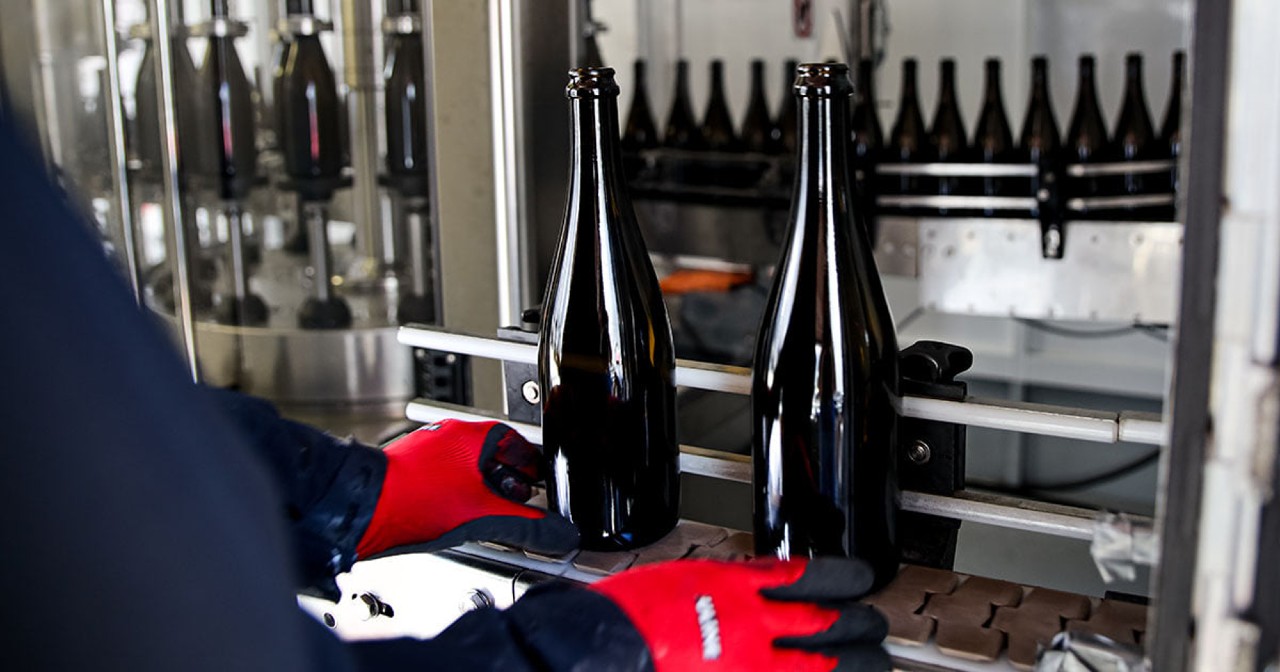
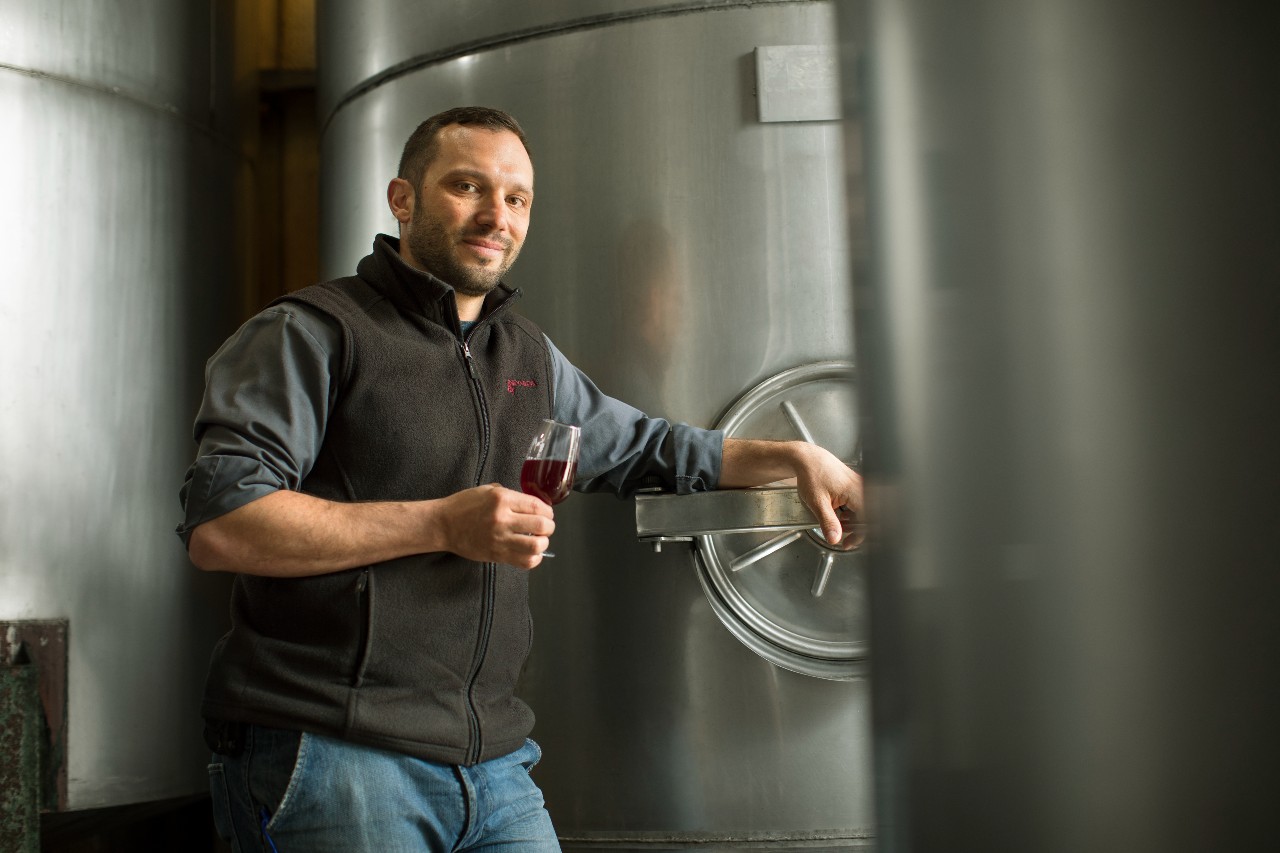
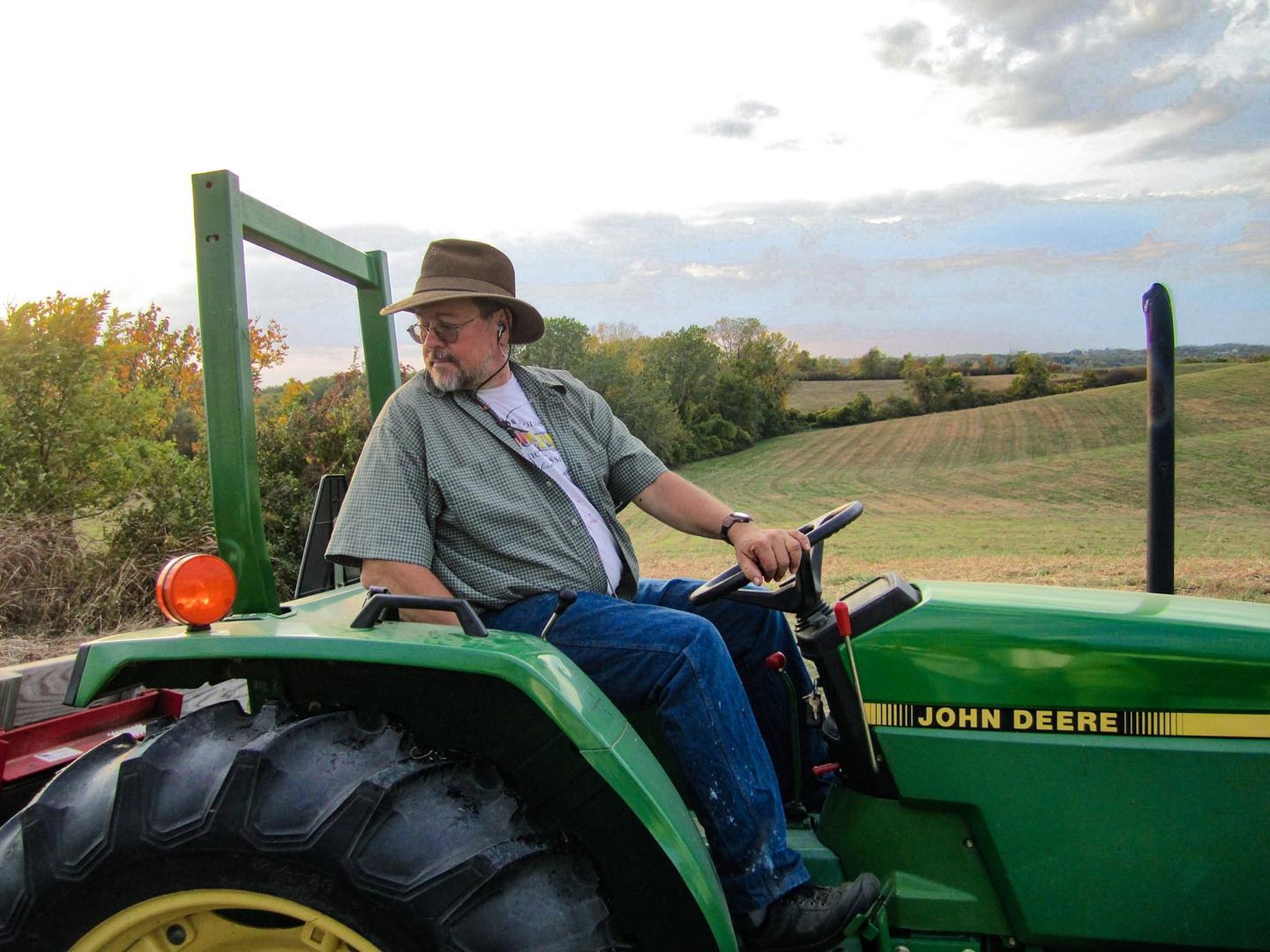
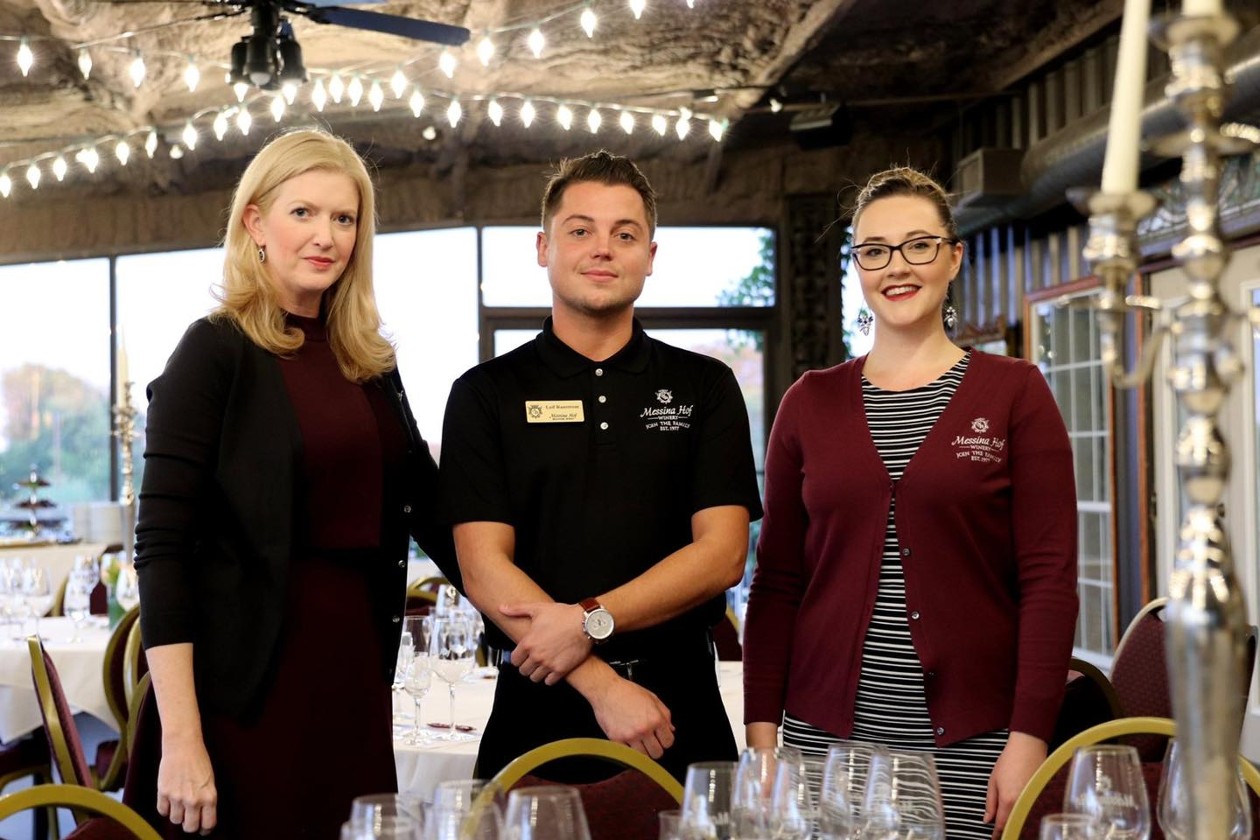
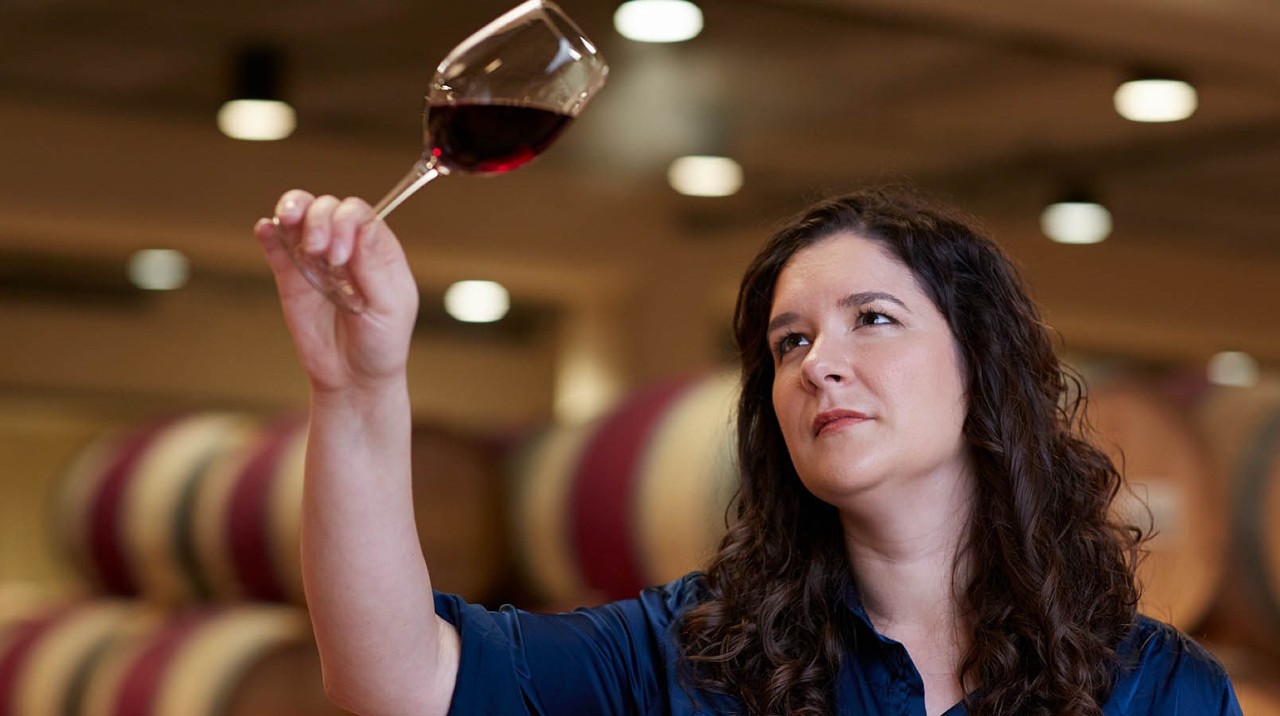


Be the first to comment